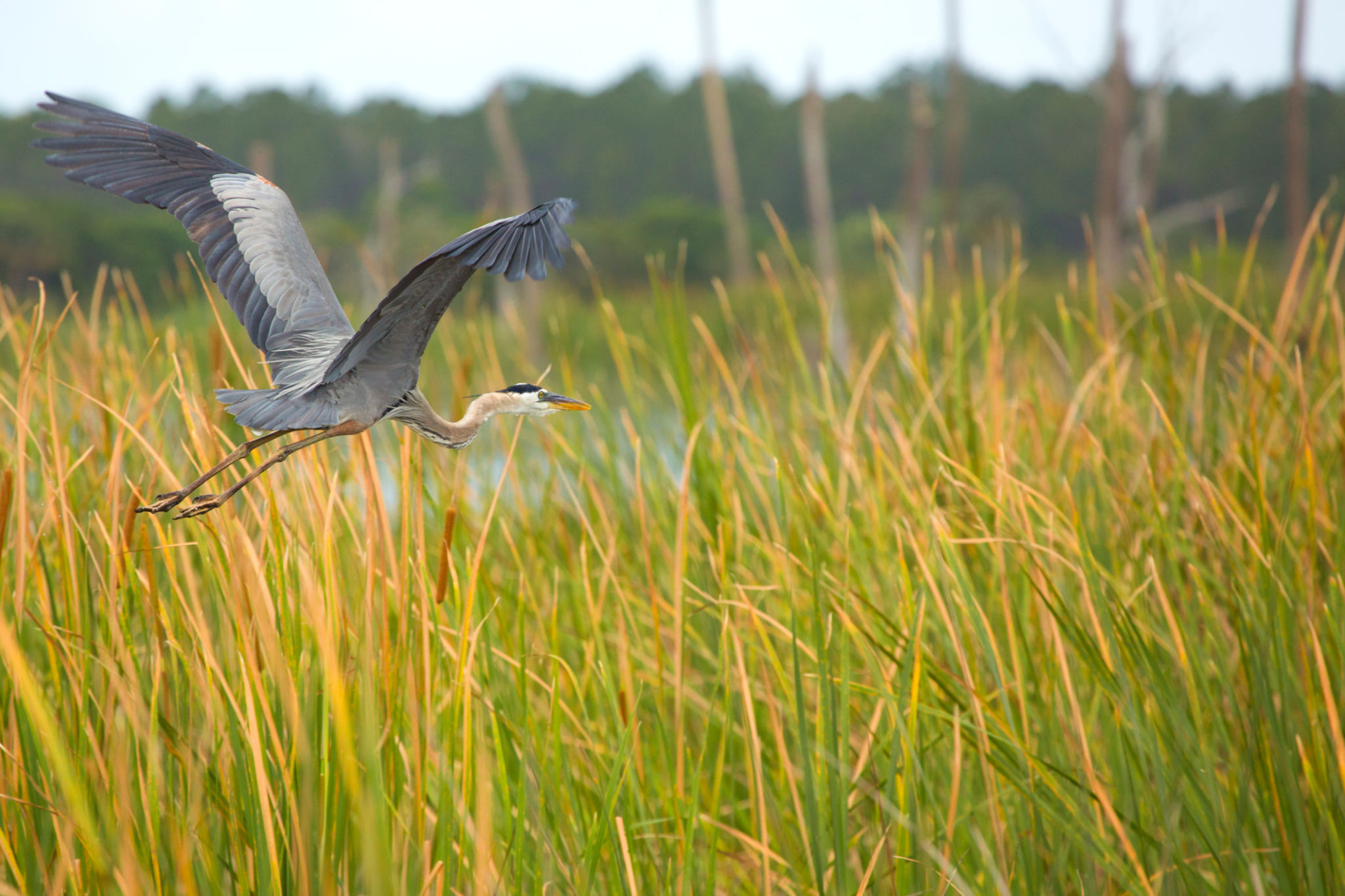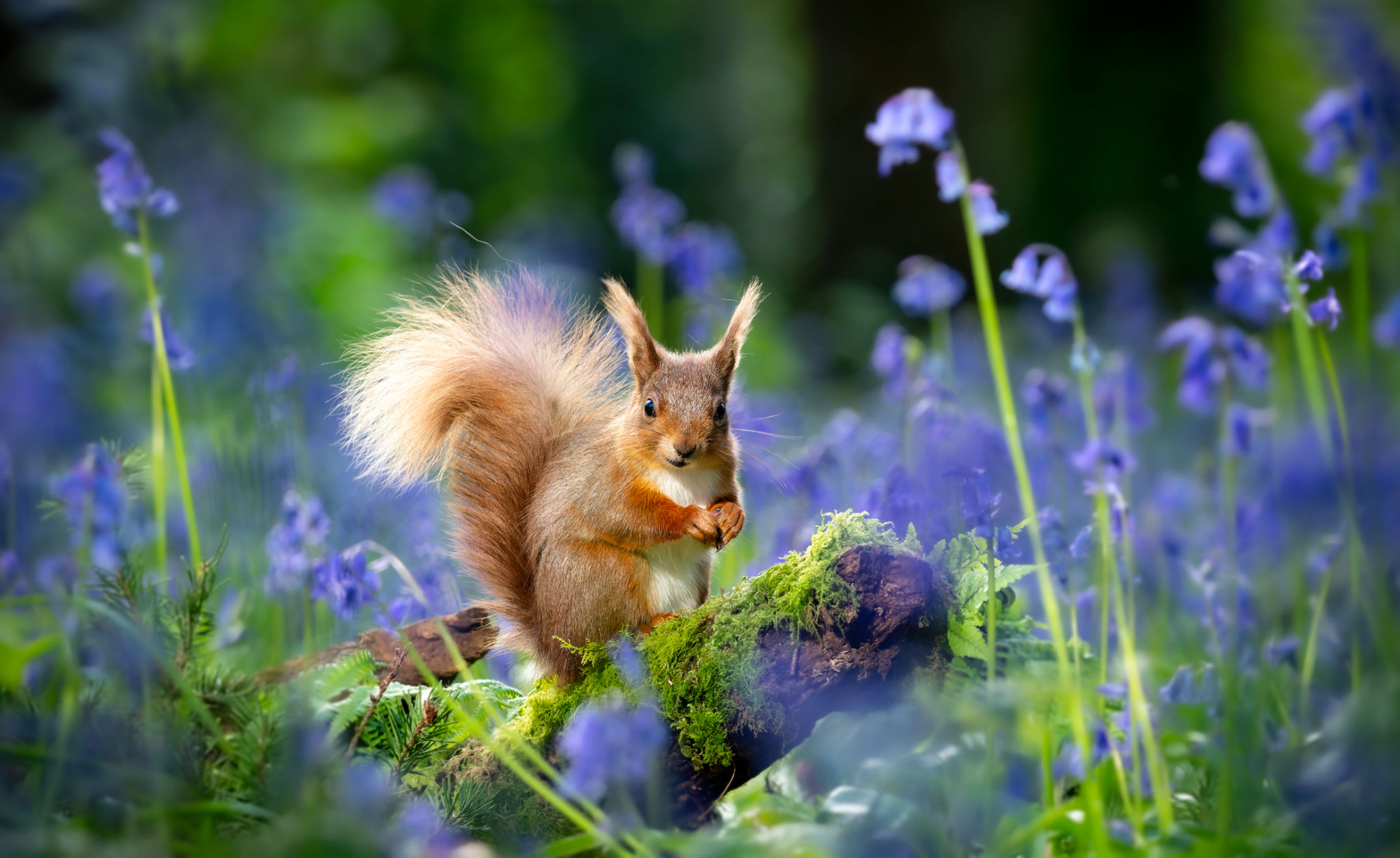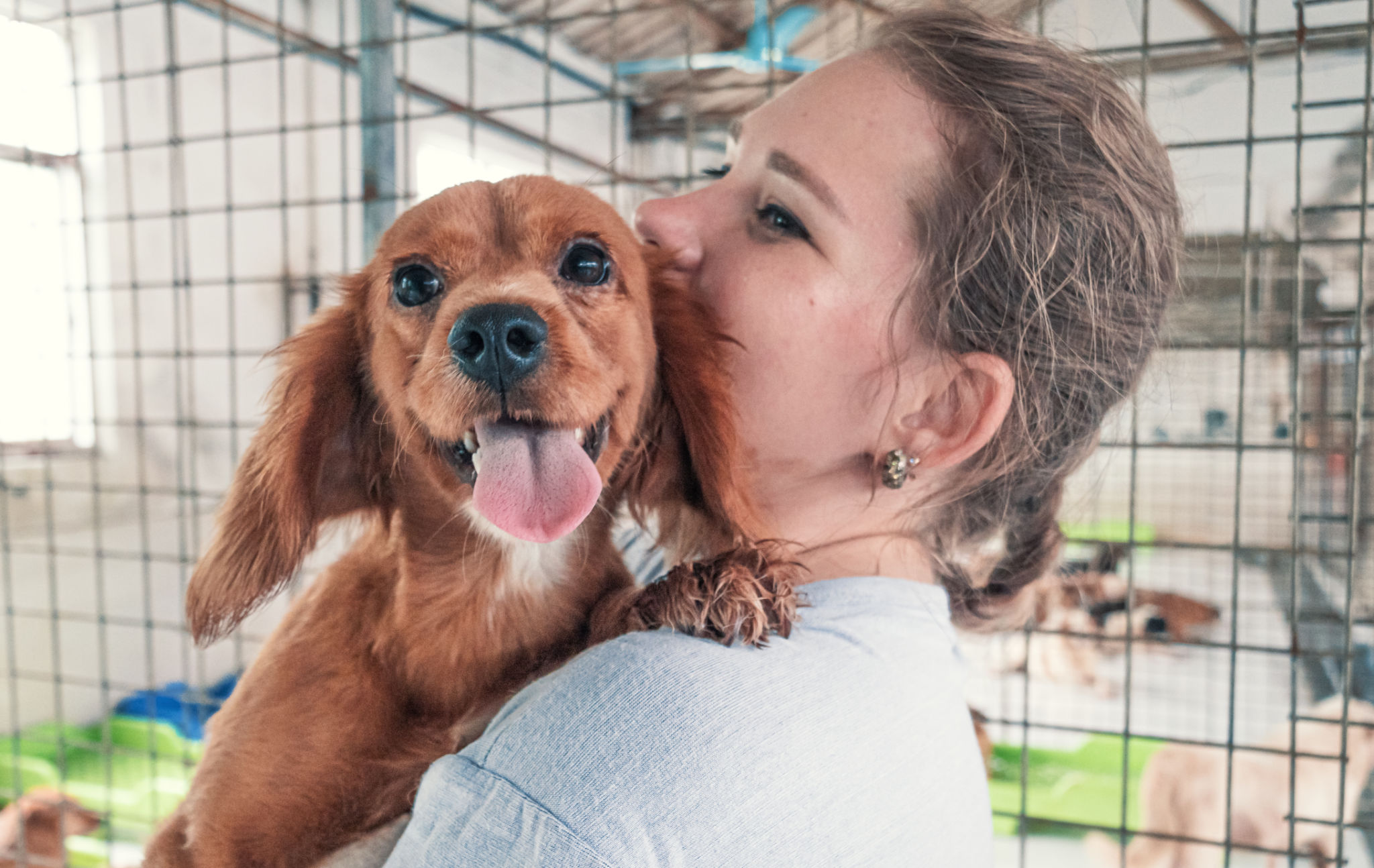Seasonal Tips for Supporting Animal Welfare in Florida
Understanding the Importance of Seasonal Animal Welfare
In Florida, seasonal changes impact not only the environment but also our animal friends. As the seasons shift, different challenges and opportunities arise for supporting animal welfare. Whether you're a resident or a visitor, understanding these seasonal needs is crucial for ensuring the wellbeing of local wildlife and domestic animals alike.
Florida's unique climate and diverse ecosystems mean that animal welfare requires year-round attention. From the heat of summer to the cooler winter months, each season presents its own set of circumstances. By staying informed and proactive, you can play a vital role in protecting and nurturing animals throughout the year.

Summer: Protecting Animals from Heat
Florida summers are notoriously hot and humid, which can pose serious risks to animals. It's essential to provide plenty of water and shade for pets and to be mindful of wildlife that might be struggling in the heat. For domestic animals, ensure they have a cool place to rest and avoid walking dogs during peak heat hours.
For wildlife, consider setting up water stations in your yard to assist birds and other small creatures. Additionally, be aware of how high temperatures can affect marine life. Participating in beach clean-ups not only helps protect these environments but also supports the animals that inhabit them.

Fall: Supporting Migratory Birds
The fall season in Florida is marked by the migration of numerous bird species. This time of year offers a unique opportunity to support these travelers as they journey south. One way to help is by maintaining a bird-friendly yard with native plants that provide food and shelter.
Reducing window strikes is another crucial action. Millions of birds die each year from colliding with windows. Simple solutions like applying decals or closing blinds can make a significant difference. By being aware of the migration patterns and needs of these birds, you can contribute to their safe passage.

Winter: Caring for Vulnerable Species
While Florida's winters are mild compared to other regions, certain wildlife species require extra care during this time. Manatees, for instance, seek warmer waters as temperatures drop. Supporting local conservation efforts and reporting any distressed animals can help protect these gentle giants.
Additionally, many reptiles, including sea turtles, are vulnerable during cooler months. Being mindful of nesting areas and participating in volunteer programs can aid in their protection. Winter is also an excellent time to adopt or foster pets from shelters, providing them with warmth and love during the colder season.

Spring: Embracing New Beginnings
Spring brings renewal and growth, making it an ideal time to focus on conservation and rehabilitation efforts. Wildlife centers often see an increase in orphaned or injured animals during this season. Volunteering your time or donating supplies can significantly support these facilities.
Gardeners can contribute to animal welfare by planting pollinator-friendly gardens that attract bees, butterflies, and other beneficial insects. By creating a vibrant habitat, you'll be supporting the entire ecosystem. Spring is also a great time to educate children about the importance of animal welfare through interactive activities and outdoor adventures.

Year-Round Commitment to Animal Welfare
Animal welfare is a continuous commitment that requires awareness and action throughout the year. By adapting your efforts to the seasons, you can make a meaningful impact on the lives of both domestic and wild animals in Florida.
Consider joining local organizations dedicated to animal protection, participating in community events, or even starting your own initiatives. Every effort counts, and together we can ensure that animals receive the care and respect they deserve in every season.
